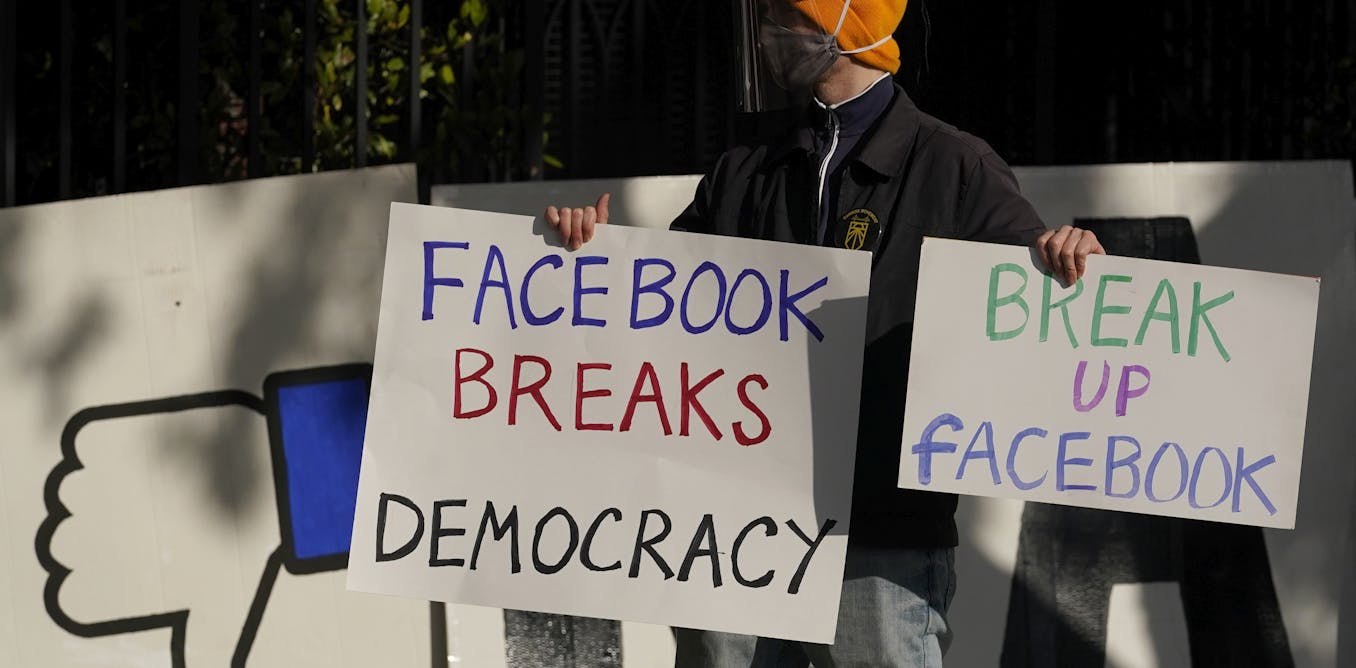Social media can support or undermine democracy – it comes down to how it’s designed
Social media design influences human behavior, and the Big Tech platforms use it to boost profits – and their owners’ political agendas. Some smaller platforms are using design to support democracy.
yesterday • ~10 min









